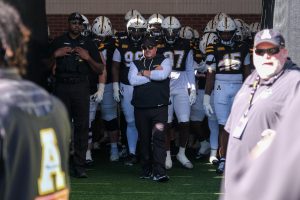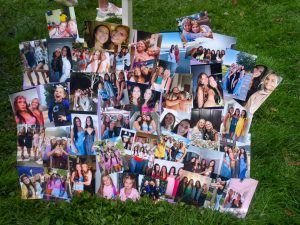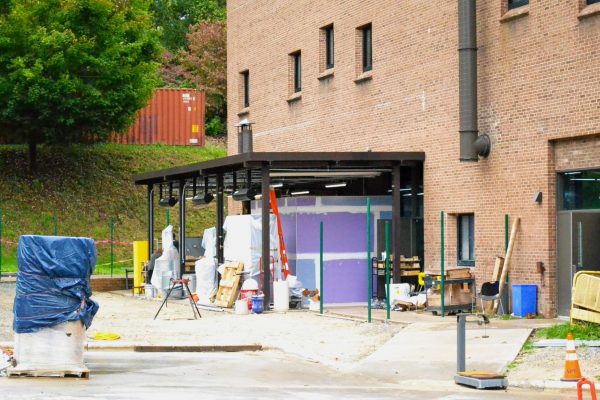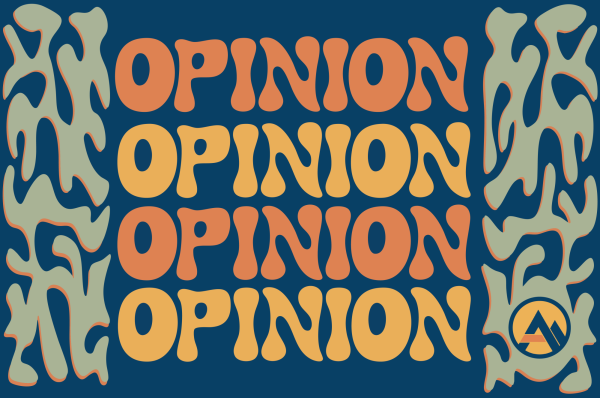Nonconventional first-year seminars explore exciting topics to prepare students for college
January 24, 2019
Director of the First-Year Seminar program Martha McCaughey insists that no matter which class an incoming student takes, it will prepare them for their college career with necessary research skills, whether the topic is Dr. Seuss or Soul-Sustaining Arts.
“The faculty also help students make the transition to academic life at Appalachian by introducing students to a variety of library research tools, making connections with faculty and other students, sharing the wide range of resources Appalachian provides its students and showing students how to get engaged on campus and in the local community,” McCaughey said.
Magic, Witchcraft and Religion
Possession, healing and magic. Words such as these may not be used in everyday conversation. However, in Diane Mines’ class, Magic, Witchcraft and Religion, they are commonplace.
“Human beings reside in cultural worlds that are often also inhabited by gods, spirits, ghosts, powers and mysterious phenomena,” Mines said.
The course takes how people interpret the supernatural and translates those interpretations into perceptions of the world around them. These realizations are then applied to topics so students can interpret the cultural ties they have to themes like nationalism, materialism, politics and language.
For 30 years, Mines has researched the relationship between people from South India and their gods and how that relationship influences political action, caste hierarchy, migration and political nationalism.
Unfortunately, Mines confesses that students will not make potions in the class. Rather, those who enlist will “work to understand how the ‘religious’ operates in meaningful worlds,” Mines said.
History of Rock
Elvis Presley, Kendrick Lamar and Slayer are all taught in History of Rock by Anderson Page. Page is a seasoned international performer with 30 years under his guitar strap, who—in addition to teaching college students—plays for jazz and rock groups in his spare time.
The class focuses on musical analysis and history from the mid-20th century to the present, while incorporating culturally significant themes such as race relations and how they impact lyrics.
Page will even bring his guitar to class to demonstrate musical concepts.
“We will sometimes have in-class performances from singers and songwriters, even bring in eye-witness accounts from older rock fans that attended historically important events such as Woodstock, Newport Folk Festivals and more,” Page said.
Back to the Land
If living off the land, cultivating a lifestyle of self-sufficiency and possibly living in a hand-made yurt sounds like the dream, taking Charles Smith’s class, Back to the Land, may interest you.
The seminar focuses on the social movement, homesteading, that took place in the 1970s, and compares the cultural movement to its recent revival.
Homesteading skills prioritize organic farming, cooking from scratch, reducing waste and knowing how to tend to animals. The class covers topics such as the varied conceptions of homesteading in the ‘70s compared to what they look like today and how sustainable initiatives are changing what modern homesteading looks like.
Myth Busting in Archaeology
Myth Busting in Archaeology takes legendary myths like the end of days or ancient aliens and completely ruins them. Archaeology professor Rachel Horowitz debunks misconceptions created by falsely interpreted archaeological facts, also called pseudoscience.
“We’re going to be talking about everything from Bigfoot to Atlantis and even look into how archaeology was used by the Nazis to try and show a particular point of view,” Horowitz said.
Horowitz’s background is in Maya culture and she looks specifically at the myth of 2012, how that myth was established and why it spread into popular perception.











